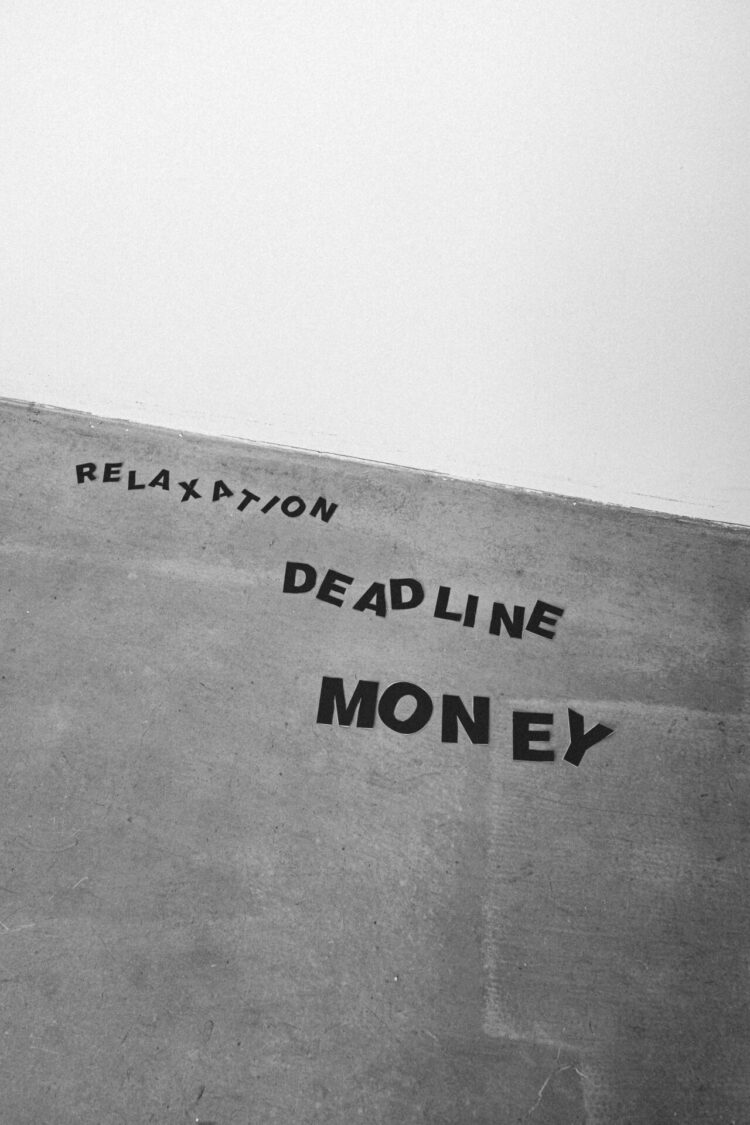
Below are some tips and guides to help you better understand how the Canadian credit system works.
What is a credit score?
Whenever you borrow money from a bank, a credit bureau learns specific information about you — including whether you’ve made your monthly payments on time, if you’ve missed payments and the total amount of debt you have outstanding. These factors are then used to calculate your credit score, which is a three-digit figure on your credit rating report that shows lenders how likely you are to repay a loan.
Credit scores tend to fall under these categories:
- Low credit score: 300-660
- Good credit score: 660-750
- High credit score: 750-900
Why do you need to have a good credit score in Canada?
In Canada, major purchases often involve getting a loan from a bank. The “lenders” want to know how you’ve previously handled credit in order to predict how likely you are to pay it back in the future. Whether you’re looking to rent a home, buy a home, purchase a car, open a business or even in some cases, get a job, your credit score may be used to decide whether to approve your loan application.
Not having a good credit score could mean that if you find yourself in a competitive situation to buy or rent a home, you might not be able to secure it. That’s why it’s important to start establishing and building your credit score and history as soon as possible when you arrive in Canada.
How do I achieve a good credit score?
Your score is calculated based on several factors, but here are some tips to help you build good credit.
Pay on time
Always ensure you’re paying off your balance on time. Each lender tells you how much you have to pay back with a due date for your payment. If you can’t pay the full amount, make sure to at least pay the minimum amount provided to you by your bank. Never miss a payment even if the bill has any disputed charges or other issues.
Stay within your credit limit
Avoid exceeding your credit limit. For instance, if you have a $5,000 limit on your credit card, don’t go over this amount. Your credit score will suffer if you use a credit card beyond its allowed borrowing limit. Try to use no more than 30% of your credit limit. Having a bigger credit limit and using less of it each month is preferable.
Monitor your transactions
Monitoring your credit should become a weekly habit once you are a credit user. Banking apps are your best friend as they provide you easy access to all of your transactions, balances and minimum payments you need to make on a monthly basis. This helps you plan your spending and keep track of your payment deadlines.
Increase the length of your credit history
Your credit score will benefit from having a credit account open and in use for a longer period of time. If you have credit accounts that are relatively new, your credit score can be lower. The new account is regarded as new credit if you move an older account to it.
Even if you don’t need an old account, think about keeping it open and using it sometimes. If the account is open but you don’t use it, make sure there isn’t a fee for keeping it open.
Use different types of credit
Your credit score is impacted by the number of credit products you have, including loans, credit cards and lines of credit. It’s a good idea for newcomers to Canada to begin with a single credit card and gradually apply for various credit products down the road. Diversifying your credit and having a variety of credit products may boost your credit score as you establish yourself in Canada. However, to avoid damaging your credit score by taking on too much debt, you should be sure you can repay any money you borrow.
References
CIBC. (Oct 23, 2023). Building your credit score in Canada. CIBC. https://www.cibc.com/en/journeys/moving-to-canada-smart-guide/banking/building-credit-score.html


